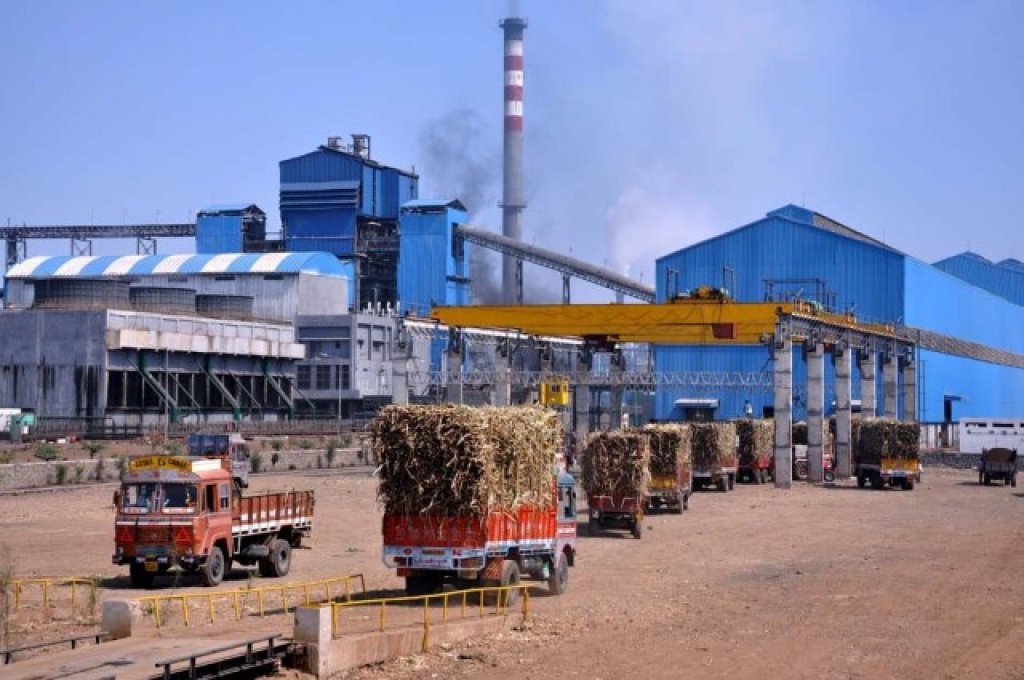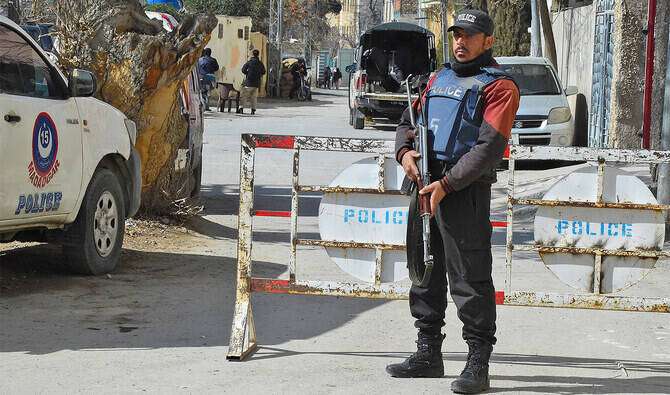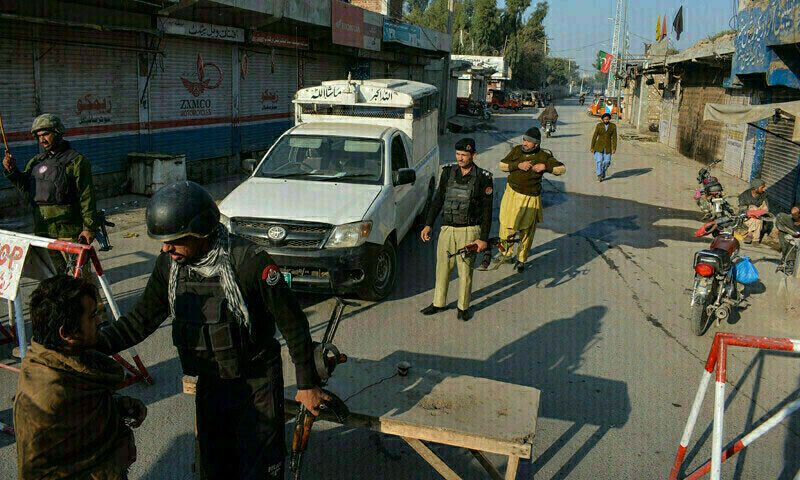Pakistan is facing another round of severe weather, with the Pakistan Meteorological Department (PMD) issuing a high-priority alert for Glacial Lake Outburst Floods (GLOFs) in the northern regions and warning of widespread urban flooding.
Heavy monsoon rains are expected to continue, impacting upper parts of the country, including Punjab, Islamabad, and Rawalpindi.
The PMD’s alert, based on data from the GLOF-II project, indicates a significant rise in temperatures, accelerating glacier melt and increasing the likelihood of GLOFs and flash floods in areas such as Arkari, Badswat, Darkut, Hisper Hoper, Ghundus, and Gulkin.
Authorities in Gilgit-Baltistan (GB) and Khyber Pakhtunkhwa (KP) are urged to take preventative measures.
The PMD forecasts that monsoon currents from the Bay of Bengal and Arabian Sea will persist until Monday, bringing wind, thunderstorms, and heavy rainfall to Kashmir, GB, KP, and parts of Punjab. Isolated heavy rainfall is anticipated in Kashmir, upper KP, and northeastern and southern Punjab.
Other regions are expected to experience hot and dry conditions.
The heavy rainfall poses a significant risk of flash floods in numerous districts, including Dir, Swat, Shangla, Buner, Kohistan, Manshera, Abbottabad, Nowshera, Swabi, Murree, Galliyat, and areas around Islamabad and Rawalpindi.
Low-lying areas in major cities like Islamabad, Rawalpindi, Gujranwala, Lahore, Sialkot, Narowal, Peshawar, Nowshera, and Mardan are also at risk of urban flooding.
Landslides and mudslides are also anticipated, potentially causing road closures in hilly areas of KP, Murree, Galliyat, and Kashmir. The PMD advises all concerned to remain vigilant and take necessary precautions.







